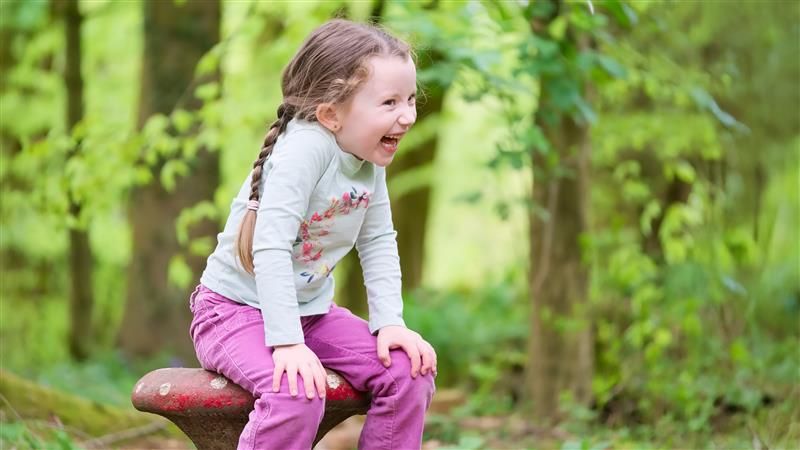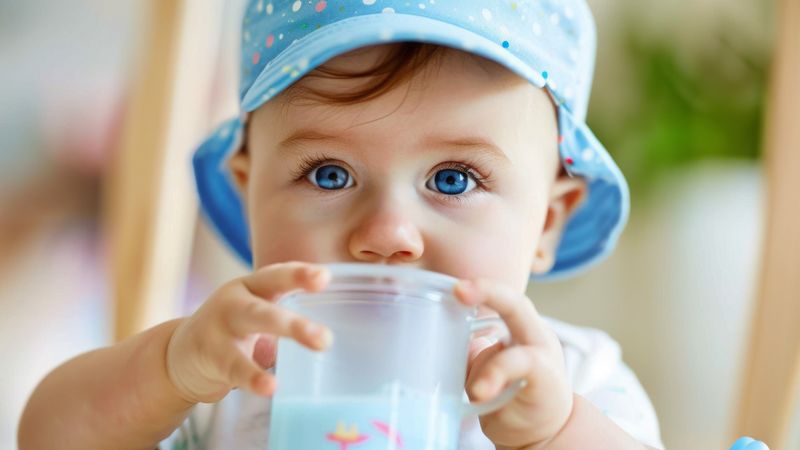This affects both the parent/carer and young person, and it is important to remember you are not alone in facing these challenges. This article, written by Chloe Gray, Assistant Psychologist with the Emotional Wellbeing Team at NELFT NHS Foundation Trust, will discuss sleep through evidence-based recommendations that reflect both professional insights and the voices of autistic children and young people.
Why do autistic children and young people struggle to sleep?
Evidence shows that autistic children and young people often experience disturbed sleep including delays in sleep onset, frequent nighttime wakings and as a result a shorter sleep duration in total (Carmassi et al, 2019).
This could be due to:
- Sensory differences and blue light sensitivities such as textures of pyjamas and bedding, noises may be overwhelming and can be more sensitive to blue light from screens
- Difficulties winding down
- Increased anxiety or inability to relax
- Food sensitivity and allergies relating to gastronomical responses.
It is important to note that these factors are general and that all children are unique and may or may not experience sleep difficulties. Every child is different and there is no one-size-fits- all solution to help improve children sleep however, there are strategies to help improve sleep.
The role of sleep hygiene in supporting better rest
Good sleep hygiene can improve sleep quality in all children. Sleep hygiene refers to healthy habits, behaviour and environments that can contribute to a restful snooze. Please see the following examples:
- A regular routine before bed
- Dark, quiet, cool bedroom
- No screens
- Consistent bedtime
- Falling asleep alone
- Daytime exercise
- Calming down in the hours before bedtime such as reading a book, listening to music or using a weighted blanket
- Avoiding daytime naps for school aged children.
Incorporating these suggestions into daytime and bedtime routines can improve sleep quality, however, it is important to gradually introduce changes, include the young person’s preferences and find out what works best for you together.
Research insights: what influences sleep in autism?
General sleep hygiene is an important function of sleep but research by Pavlopoulou et al (2021), that includes the voices and experiences of autistic children and young people, identified four key areas that influence and contribute to a good night’s sleep. These key areas are divided into daytime factors and nighttime factors:
Daytime
- Exercise activities that young people enjoy in a way that works for them
- A chance to make choices – taking time to choose what they want to do and being involved in daily decision making
- Time spent dedicated to special interests
Nighttime
- Considering sensory needs - are there sights, sounds, smells, environments, foods or tactile things they like to feel that help young people feel relaxed and ready for bed? For example, a cool room, a blue light, a bath, soft pyjamas.
Children also mentioned specific things that helped them sleep:
- Rehearsing what will happen tomorrow with parent/carer before bed as they can ask “them about things and giving me specific answers back” which was described as “like a game or like lyrics to a song.”
- Having the opportunity to explore a favourite activity before nighttime as a young person said, “playing with Lego, reaching a point of effortless satisfaction.”
- Knowing the outcome of completed homework as “To know = worry less, not having to stay up worrying”
- Playing a table game with a clear set of rules and instructions as one young person stated that “card games is fun, I know the rules, what can go wrong.”
A Good Night’s Sleep Resources
As a result of this research, A Good Night’s Sleep resources have been created in collaboration with the NELFT Emotional Wellbeing Teams in Kent, University College London and autistic young people. These resources can aid parents/carers, autistic children and young people to create their own bespoke sleep routines.
A Good Night’s Sleep Resource Pack
Further useful resources and websites
- National Sleep Foundation: Children and Sleep
- National Sleep Foundation: Teenagers and Sleep
- The National Autistic Society: Sleep and Autism
- Kent Emotional Wellbeing Team and Medway Emotional Support Team
- A Good Night’s Sleep: Learning About Sleep From Autistic Adolescents’ Personal Accounts (Pavopoulou et al 2021)
- Research: Sleep Disturbances and Autism (Carmassi et al, 2019)




